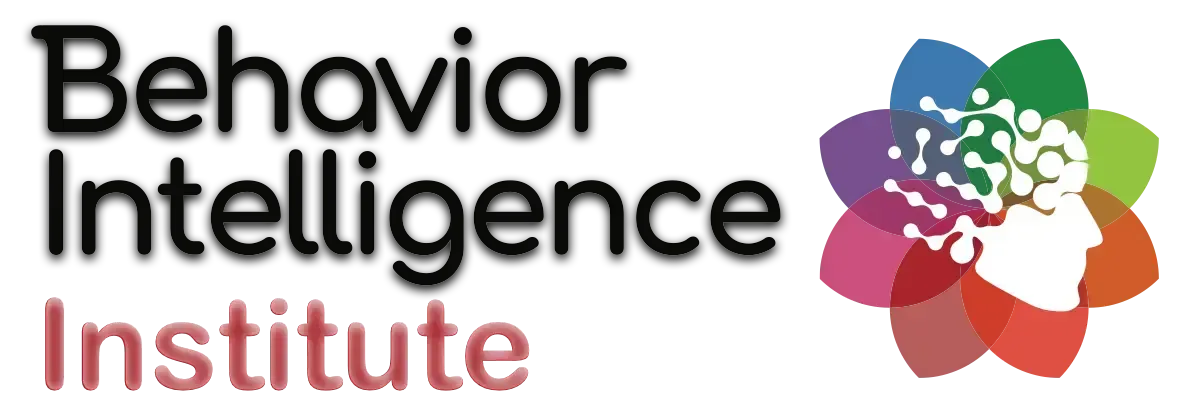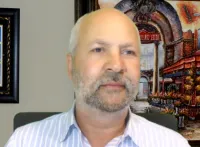Blog
Categories

If you don't know where you are going
Quote: George Harrison in his song "Any Road" from the Brainwashed album "If you don't know where you are going, any road will take you there."
In the wise words of George Harrison from The Beatles, "Any road will take you there." This simple yet profound statement from the song "Brainwashed" serves as a poignant segue into discussions about business, leadership, and roles in the workplace and life in general. It's a reflection on direction, purpose, and the journey towards achieving our goals.
In the bustling corridors of our workplaces and within the intricate dynamics of our personal lives, there's a common narrative that seems to echo: the narrative of being perpetually busy. People from various functions and roles often report on their busyness, detailing the myriad tasks they're juggling. Yet, a closer look reveals a startling truth—many of them have no clear understanding of where they are headed or how they intend to reach their destinations.
This phenomenon could be likened to a disease, one that's characterized by a passive waiting to be directed. It's not uncommon to witness employees pointing fingers at their leaders when questioned about the effectiveness or outcomes of their work. While it's easy to lay blame on one party, the issue often stems from a deeper place—leadership management styles. In today's fast-paced world, leaders have, in some cases, adopted a laissez-faire approach, preferring to hire individuals they can hold accountable when expectations are not met. The underlying excuse being, "You are supposed to know what you are doing. I hired you because you said you knew this stuff."

This issue is further compounded by our education system, which tends to focus on assigning tasks and grading them without necessarily aligning them with real-world applications. This creates a workforce conditioned to expect specific instructions and quick to blame their superiors when their positions are jeopardized due to unsatisfactory results or outcomes.
Enter AccuMatch and Behavior Intelligence. AccuMatch is a tool that maps out how individuals have been conditioned up to their current state. This conditioning, often unconscious, triggers automatic responses to the world around us and the responsibilities we hold. Behavior Intelligence, on the other hand, is a methodology applied in coaching. It helps individuals identify the conditioning behind these automatic responses, which were mapped by AccuMatch. The goal is to introduce new, purposeful programs that align with desired outcomes.
So, how do we navigate this landscape? How do we ensure that we're not just busy, but also effective and aligned with our goals? The answer lies in understanding our direction, taking ownership of our roles, and embracing the responsibility that comes with leadership.
Recommended Steps to Follow:
1. Set Clear Goals: Understand what you want to achieve. Goals give direction and purpose, acting as a compass that guides your actions.
2. Understand Outcomes: Know what success looks like. Outcomes are the desired end results that stem from achieving your goals.
3. Embrace Leadership: Whether you're leading a team or leading yourself, embrace the qualities of good leadership. This includes being proactive, setting clear expectations, and being accountable.
4. Minimize Busywork: Being busy doesn't always equate to being productive. Focus on tasks that align with your goals and outcomes.
5. Take Responsibility: Own your role and the tasks at hand. Responsibility is about acknowledging your part in achieving the desired outcomes.
6. Ownership: Take full ownership of your actions and their impact. Ownership is about accepting the consequences of your actions and learning from them.
By following these steps, individuals and leaders alike can navigate their paths with clarity and purpose. It's about moving beyond being busy to being effective, and understanding that leadership and responsibility are key to achieving our goals and desired outcomes.
In conclusion, the journey towards our goals and desired outcomes is not about the road taken but about understanding our direction, embracing leadership, and taking ownership of our roles. By doing so, we can ensure that we're not just busy, but also effective and aligned with our purpose.
Copyright 2021 AccuMatch Behavior Intelligence is a division of NLP Profiles Inc. | Privacy Policy



